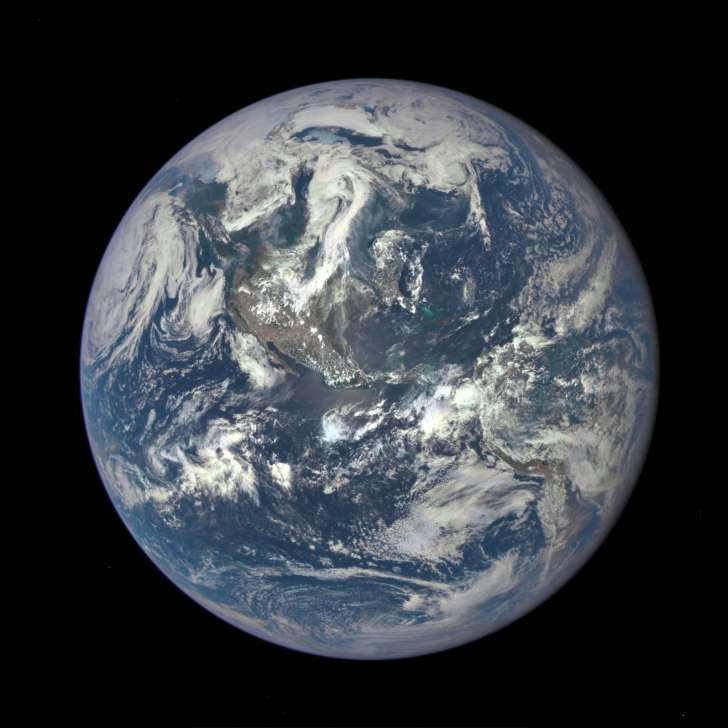About a month ago, while knocking on voters' doors to remind them to vote in the November election and informing them about candidates and ballot initiatives, I engaged in a brief conversation with a registered Democrat in his early eighties who proffered a common republican talking point: "We are not a democracy; we are a republic."
He then insisted that democracy can exist in a dictatorship.
"Look at Russia," he stated. "They have elections there, right?"
It took everything I had to hold back the historian in me clawing at the cage to be let out. I didn't want to alienate him; I wanted him to vote. I wasn't going to change his mind anyway. So I just left him some candidate literature, thanked him for his time and for voting, and bid him good day.
In a roundabout way he was correct.
We are a republic. But we are also a democracy (at least for the time being).
Our founders were cognizant of both terms, and often used them interchangeably, but they were wary about each's strict applicably in the new governmental structure they were creating.
"Father of the Constitution," James Madison, our country's fourth president, defined "democracy" as a form of government where "the people meet and exercise the government in person" and decide issues by voting. He also, however, thought direct democracies were "spectacles of turbulence and contention".
Our second president, John Adams (the man who thought presidents should be addressed as "Your Highness" or "Your Most Benign Highness"), thought straight democracy "impracticable".
One reason is because it involves people deciding policy initiatives instead of representatives in government voters elect on their behalf. In that Adams, Madison et al. regarded it as a form of "tyranny of the majority". That's why Alexander Hamilton believed "ancient democracies" lacked "one feature of good government: their very character was tyranny".
A strict republic, though, wasn't their answer either.
Madison knew, in a republic, the people "assemble and administer" government through "their representatives and agents". Because it required only representatives instead of the voting public to travel, a republic "may be extended over a large region".
But some warned republics handed too much power to a small, usually wealthy, group of citizens.
Next Page 1 | 2 | 3 | 4 | 5 | 6
(Note: You can view every article as one long page if you sign up as an Advocate Member, or higher).





